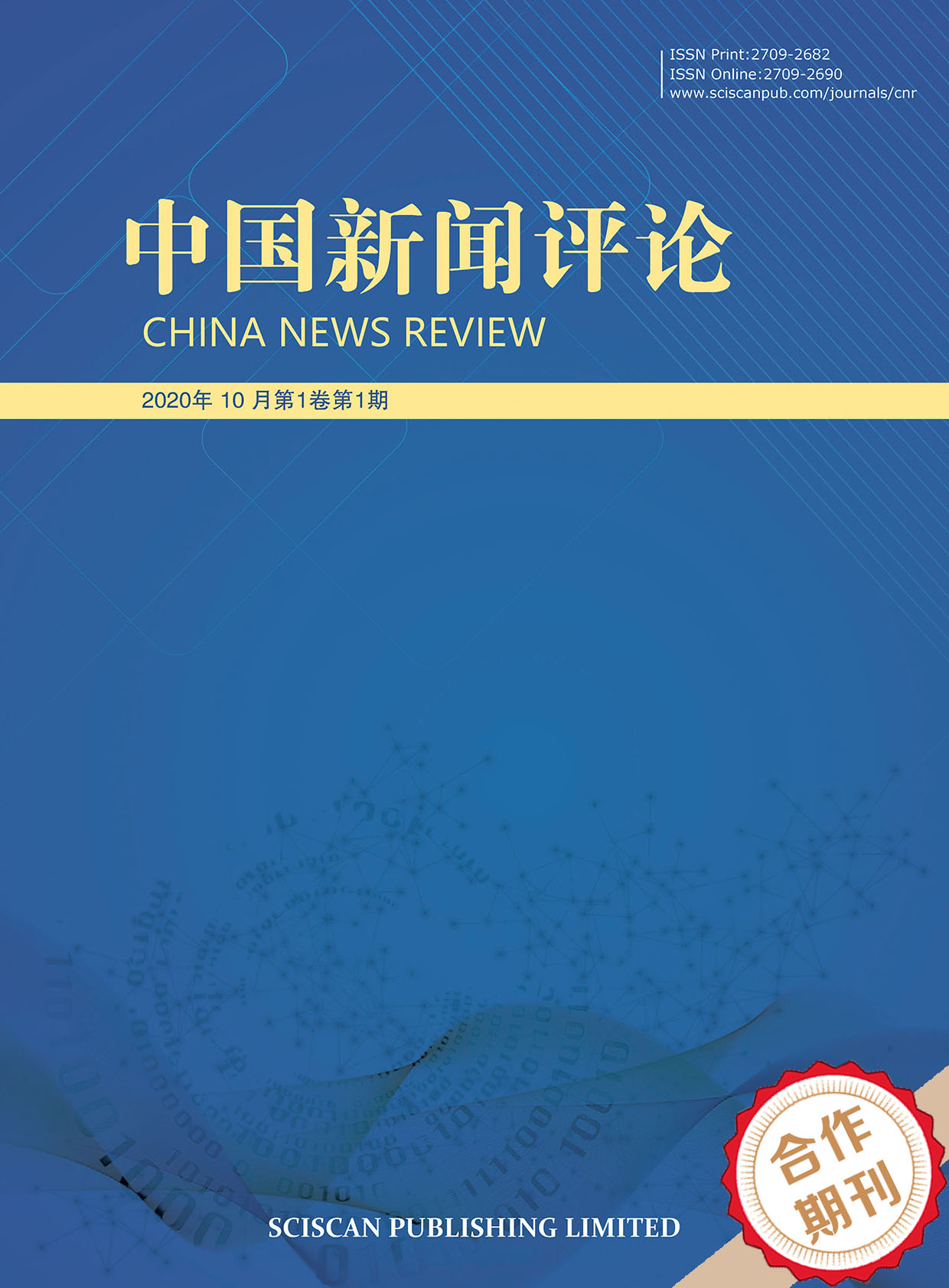China News Review
ISSN Print: 2709-2682
ISSN Online: 2709-2690
Contact Editorial Office
Subscribe to the latest published information from SCISCAN
流量拜物教的批判与扬弃
Criticism and Sublation of Traffic Fetishism
- Authors: 班志斌 哈孜孜·赛力克拜
-
Information:
中南民族大学,武汉
-
Keywords:
Internet traffic; Fetishism; Marxist view of journalism; New changes; Challenges网络流量; 拜物教; 马克思主义新闻观; 新变; 挑战
- Abstract: Traffic fetishism is the product of a high degree of integration of capital and technology. Traffic refers to the total amount of visits to a website or a specific webpage within a certain period of time, which covers various interactive indicators such as the number of searches, the number of content readings, the number of content forwardings, the number of user comments, and the number of likes. In a market economy, traffic represents potential consumer groups and economic interests, which is normal to a certain extent, but the excessive pursuit of traffic makes it mysterious and is regarded as the only criterion for judging content quality and personal influence. Traffic fetishism may bring potential social harm. This article aims to reveal the generation and development of traffic fetishism, clearly understand its essence, and criticize it from three aspects: capital control, technical defects, and interest supremacy. In combination with the Marxist view of journalism, it actively explores its path of transcendence from multiple perspectives such as government, enterprises, technology, people, and concepts, establishes a correct view of traffic, conforms to the development trend of traffic, and builds a more reasonable network communication environment. 流量拜物教是资本和技术高度结合后的产物。流量是指在一定时间段内,某个网站或特定网页被访问的总量,这涵盖了诸如搜索次数、内容阅读数量、内容转发数量、用户评论数量以及点赞数等各种交互指标。在市场经济中,流量代表着潜在消费群体和经济利益,这在一定程度上是正常的,但过分追求流量使其变得神秘化,被视为评判内容质量和人物影响力的唯一标准。流量拜物教可能带来潜在社会危害,本文旨在揭示流量拜物教的产生和发展,清楚的认识它的本质,从资本控制、技术缺陷和利益至上三方面进行批判,并结合马克思主义新闻观,从政府、企业、技术、人民、观念等多种角度积极探索其扬弃道路,树立正确流量观,顺应流量发展趋势,建设一个更加合理的网络传播环境。
- DOI: https://doi.org/10.35534/cnr.0503005
- Cite: 班志斌,哈孜孜·赛力克拜.流量拜物教的批判与扬弃[J].中国新闻评论,2024,5(3):52-63.
















